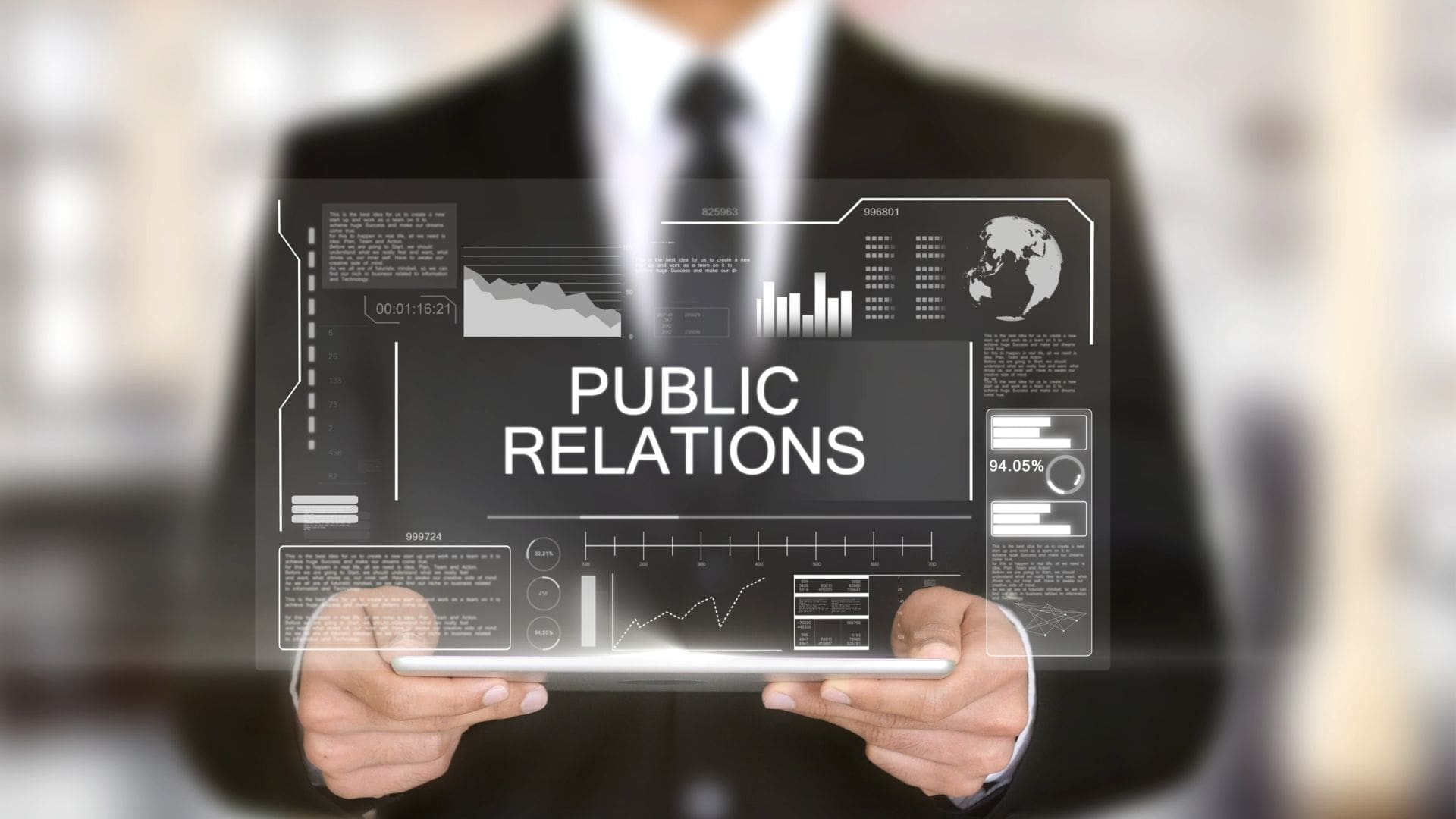
Public relations ethics are essential in maintaining a positive image and reputation for businesses and organizations. In today’s digital age, it is crucial to understand the gray area of ethical conduct in PR practices to ensure the information being shared is honest and transparent. This article will explore the importance of public relations ethics, common ethical dilemmas, laws and regulations, ethical decision making, case studies, training, and the advantages of ethical PR. By the end of this article, you will have a solid understanding of public relations ethics and how they can be applied to your business or organization.
Ethics, in general, refers to the principles that govern the behavior of individuals or groups. In the context of public relations, ethics are the guidelines that PR professionals follow to ensure they conduct themselves and their work in a morally responsible and transparent manner. Ethical PR practices are crucial in building trust and credibility with stakeholders, including customers, employees, and the media. For instance, being transparent about company news or updates ensures a healthy relationship with stakeholders and, in turn, translates to better reputation management.
The Public Relations Society of America (PRSA) has established a Code of Ethics that serves as a guide for PR professionals to maintain ethical conduct in their work. The code consists of several provisions, each addressing different aspects of ethical PR practice. Some of these provisions include:
These provisions guide PR professionals in making ethical decisions and maintaining a high standard of behavior in their work.
PR professionals often face various ethical dilemmas in their work. Some common dilemmas include:
Handling these ethical dilemmas often requires a comprehensive understanding of the PRSA Code of Ethics and the ability to make informed decisions that prioritize ethics over personal or professional gain. For instance, a PR professional managing social marketing campaigns should ensure that their messages are honest, transparent and adhere to ethical guidelines.
Numerous laws and regulations affect public relations, varying from country to country. International standards, such as the International Public Relations Association (IPRA) Code of Conduct, help ensure that PR professionals worldwide follow ethical practices. It is vital for PR professionals to be aware of the laws and regulations in their jurisdiction and comply with them to avoid legal repercussions and maintain ethical conduct.
Making ethical decisions in PR involves a thorough understanding of the PRSA Code of Ethics, laws and regulations, and the interests of stakeholders. PR professionals must be transparent and honest in their communication while considering the potential consequences of their actions. Using content marketing strategies that prioritize ethics, such as publishing accurate and well-researched blog articles, can help build trust and credibility with stakeholders. Examples of ethical decision making in PR include being transparent about sponsored content or admitting and correcting mistakes when they occur.
Real-world ethical dilemmas in PR offer valuable insights into the complexities of ethical decision making. For instance, the Volkswagen emissions scandal in 2015 demonstrated the importance of transparency and honesty in PR. The company faced severe backlash and legal consequences after admitting to falsifying emissions tests. This case study emphasizes the need for PR professionals to prioritize ethical conduct, even when faced with difficult decisions that could negatively impact their clients.
Training and education in PR ethics are crucial in ensuring that PR professionals are well equipped to handle ethical dilemmas and make informed decisions. Various resources, such as workshops, seminars, webinars, and online courses, provide PR professionals with the necessary knowledge and skills to navigate ethical challenges. Continuing education in public relations ethics is vital in staying up-to-date with changes in laws and regulations, as well as learning from real-world case studies.
Ethical PR practices offer numerous benefits to businesses and organizations. Some of these advantages include:
Understanding public relations ethics is essential for PR professionals and businesses alike. By adhering to ethical guidelines, such as the PRSA Code of Ethics, PR professionals can navigate the gray area between transparency and confidentiality, build trust with stakeholders, and protect their clients’ reputations. With the right training and resources, PR professionals can make informed, ethical decisions and contribute to the continued success and growth of their organizations.
Q: What are public relations ethics?
A: Public relations ethics are the guidelines that PR professionals follow to ensure they conduct themselves and their work in a morally responsible and transparent manner.
Q: Why is ethical PR important?
A: Ethical PR is crucial for maintaining trust and credibility with stakeholders, such as customers, employees, and the media. It also helps businesses avoid legal issues and PR crises that could damage their reputation.
Q: What is the PRSA Code of Ethics?
A: The PRSA Code of Ethics is a set of guidelines established by the Public Relations Society of America to help PR professionals maintain ethical conduct in their work.
Q: How can PR professionals navigate common ethical dilemmas?
A: PR professionals can navigate ethical dilemmas by understanding and applying the PRSA Code of Ethics, being aware of relevant laws and regulations, and prioritizing transparency and honesty in their communication.
Q: What are some advantages of ethical PR?
A: Ethical PR offers several benefits, such as building trust with stakeholders, enhancing brand reputation, mitigating risks, and encouraging responsible decision-making within organizations.
You must be logged in to post a comment.
